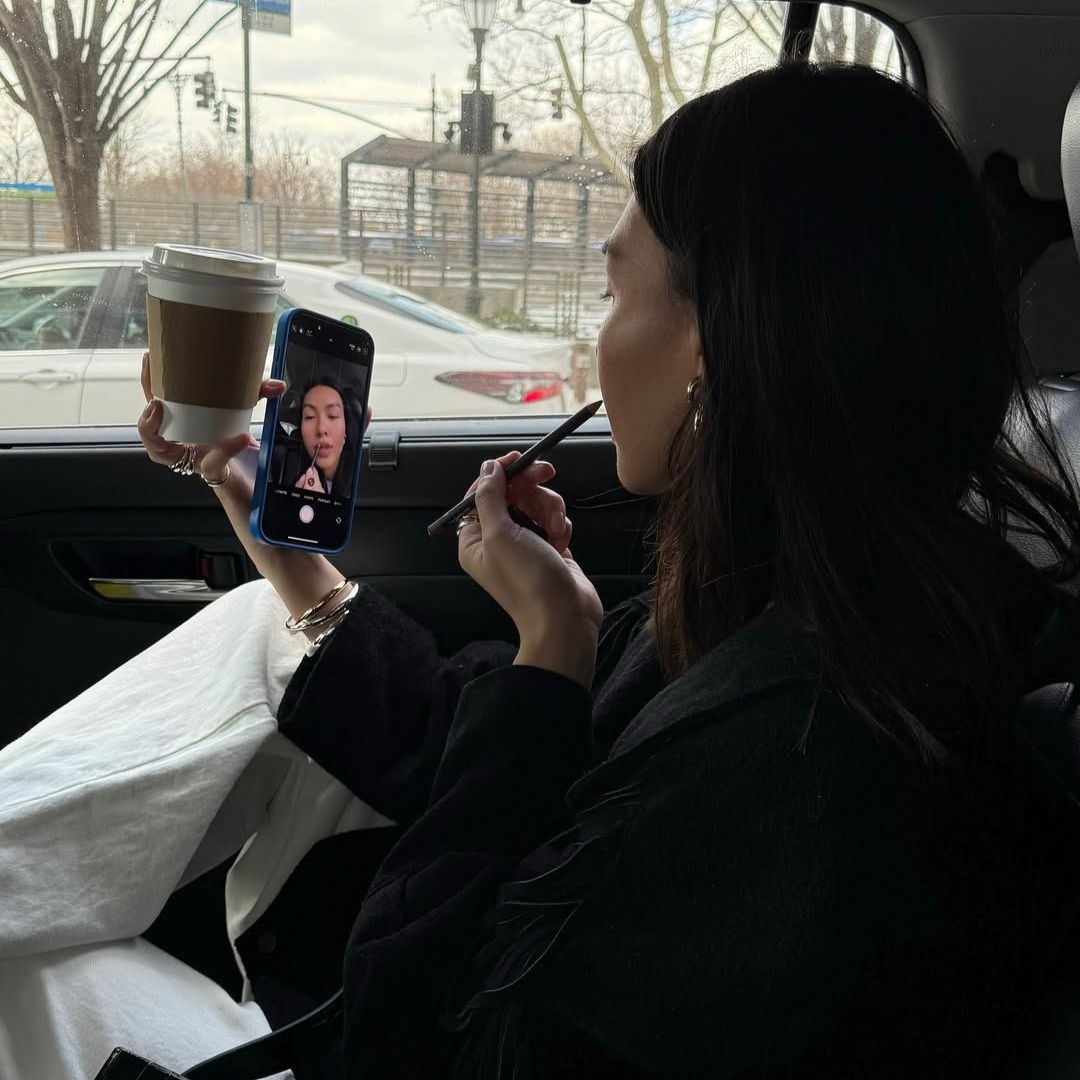Forever Is More Than a Great Judy Blume Adaptation—It’s One of TV’s All-Time Best Romances
The Netflix series is so much more than a solid update of the Judy Blume classic or a lovely coming-of-age story


Two teenagers meet at a party and fall truly, madly, hastily in love. Then life—specifically, their families—gets in the way. It’s a tale at least as old as Shakespeare, whose tragedy Romeo and Juliet has resonated with and been reinvented by every generation for more than four centuries. But it is also the premise of Judy Blume’s 1975 YA classic Forever, a novel grounded in its second-wave feminist era that still feels authentic and audacious 50 years later. Whereas Romeo set the standard for passionate narratives of star-crossed romance, Forever resonated as a more frank, grounded, empathetic companion to young people embarking upon first love. [time-brightcove not-tgx=”true”]
The release of the stunning Netflix drama series Forever proves that Blume’s book is also timeless and universal. Set in the cinematic, technology-mediated metropolis of late-2010s Los Angeles, among Black teens from very different backgrounds—rather than the novel’s white, suburban, 1970s New Jersey—creator Mara Brock Akil’s (Girlfriends, Being Mary Jane) update strays significantly from the original. Her fidelity is to the emotional realism of the source material, the way it takes young characters’ inner lives seriously while also honoring the wisdom of loving parents who see their children’s first love from a more experienced perspective.

Blume’s first-person narrator, Katherine, and her boyfriend, Michael, were the kind of pleasant, nondescript everyteens onto whom it was presumably easy for kids growing up half a century ago to project themselves. Akil takes an approach better suited for a visual medium, making the two halves of the couple equal co-leads and finely honing each character. Justin Edwards (Michael Cooper Jr.) is a rich kid, born into a largely white, private-school-and-pool-party milieu, with an endearingly awkward manner and a protective mother who’s kept him innocent. Caught between NBA dreams, the college-admissions grind, and a hard drive full of hip-hop beats, he’s struggling to separate his own ambitions from what’s expected of him. Lovie Simone, a star of Power Book III: Raising Kanan who gave a mesmerizing lead performance in the dark boarding school drama Selah and the Spades, complements Cooper’s dreaminess as the focused and driven Keisha Clark. A working-class striver who excels at academics as well as track, Keisha has to fight for the kind of future Justin takes for granted. She’s well on her way to achieving the lifelong dream of a full-ride scholarship to Howard, to the delight of her proud mom (Xosha Roquemore) and adoring extended family, but she’s also keeping a potentially ruinous secret.
Though they went to elementary school together, Justin doesn’t recognize Keisha when the 16-year-olds meet at a New Year’s Eve house party. But their chemistry is immediate. She always had a little crush on him. And the adorably inexperienced Justin takes encouragement from his parents. “What your mother wants more than for you to have a future,” his dad, Eric (Wood Harris), tells him, kidding but not kidding, “is for you to have a future with a Black girl.” Still, the courtship is bumpy. Add smartphones and social media to the perennial teen hurdles of nerves, hormones, family, peer pressure, gendered double standards, etc., and the fodder for drama and miscommunication is endless. In the rare moments when Forever feels stuck, it’s because, as realistic as it might be, the cycle of breakups and reconciliations gets repetitive.
Like Blume (an executive producer of the series), Akil avoids the pitfalls of either objectifying her young characters or sanitizing their formative sexual experiences. In the teenage Southern California of Euphoria, hooking up is just one manifestation of a generation’s dead-eyed debauchery; here, it can be scary or risky, but it’s also a healthy way for people who care about each other to connect. Forever shows us the cringey intergenerational sex talks (Eric makes Justin put a condom on a cucumber—in the dark), the frustrated couple repeatedly foiled in pursuit of privacy, the first time that lives up to nobody’s fantasies, the growth of true intimacy.

Equally sensitive and nuanced is the show’s depiction of Justin’s and Keisha’s parents. They, too, walk a fine line, neither the shouty disciplinarians who are so common in YA fiction nor “cool” moms and dads who just want their kids to like them. Keisha’s mother, Shelly, has worked so hard to help her daughter avoid the mistakes she made as a young woman that Keisha feels compelled to reward Shelly with perfection. Karen Pittman—who’s been wonderfully ubiquitous lately, with roles in And Just Like That and The Morning Show—is a standout as Justin’s overbearing mom, Dawn. She and Eric rarely agree on how much independence to allow their son. Every parent agonizes over how heavy-handedly to wield wisdom accrued from their own experiences, whether to interfere in their child’s choices or let them make their own mistakes.
Thanks in part to this expansion of perspective, Forever is more than a great teen drama or an adaptation that effectively updates a 50-year-old book. Writing so specific, it’s universal; the intimacy of the directing (including a premiere helmed by executive producer Regina King); the intensity Simone and Cooper bring to their roles; the richness of the cinematography; a hip-hop and R&B soundtrack that reflects the music of the characters’ lives—it all combines to make one of TV’s best romances, full stop. It may be a coming-of-age story, and teens are sure to treasure it as they did Blume’s book. But whether you’re a kid or a parent or neither, Black in California or Jewish in Jersey or Asian in Minnesota, if you love love in all its complexity, Forever is for you.














































































